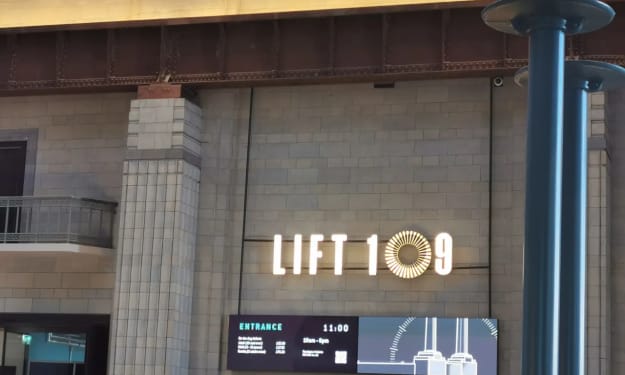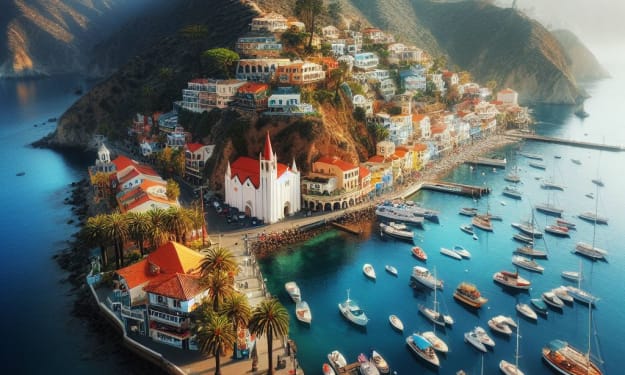The Legend of El Dorado
The Legend of El Dorado The Fabled Gold City The legend of El Dorado, frequently appertained to as the" City of Gold," is one of the most continuing myths of disquisition and adventure.

### The Legend of El Dorado The Fabled Gold City The legend of El Dorado, frequently appertained to as the" City of Gold," is one of the most continuing myths of disquisition and adventure.
This tale charmed the imaginations of explorers, comers, and chroniclers for centuries, driving multitudinous peregrinations and leaving a continuing impact on the artistic history of the Americas. The story of El Dorado is a fascinating mix of indigenous tradition, European social ambition, and the eternal mortal hunt for wealth and glory.
Origins of the Legend The origins of the El Dorado legend can be traced back to the early 16th century in South America. The term" El Dorado" itself means" The Gilded One" or" The Golden One" in Spanish. It originally appertained not to a place, but to a person — a fabulous ethnical chief of the Muisca people, who inhabited the mounds of present- day Colombia.
According to indigenous legends, the Muisca king would cover himself in gold dust during a sacred ritual and also dive into Lake Guatavita, near ultramodern- day Bogotá. This ritual was part of a form to recognize the gods, during which vast quantities of gold and precious jewels were thrown into the lake as immolations.
The story of this bejeweled man reached the cognizance of the Spanish conquistadors, who interpreted it as substantiation of a megacity overflowing with gold and riches. The European Pursuit The lure of unconceivable wealth drove numerous European explorers to embark on dangerous peregrinations into the heart of South America.
The hunt for El Dorado came a symbol of the broader European colonizer ambition and the grim hunt for wealth in the New World. One of the first recorded peregrinations was led by Spanish conquistador Gonzalo Jiménez de Quesada in the early 1530s. He ventured deep into the Andes, launching the megacity of Bogotá along the way. still, despite his expansive disquisition, he set up no trace of the golden megacity.
Another notable passage was that of German adventurer Philip von Hutten, who traveled through Venezuela in the 1540s. His hunt also ended in failure, agonized by complaint, hostile hassles with indigenous peoples, and the harsh realities of the South American nature. maybe the most notorious of these explorers was Sir Walter Raleigh, the English courtier and adventurer. In 1595, Raleigh embarked on an passage to the Orinoco River receptacle in present- day Venezuela and Guyana.
He published an account of his trip named" The Discovery of the Large, Rich, and Beautiful Empire of Guiana," which further fueled the myth of El Dorado. Raleigh's jottings captured the imagination of Europeans and prodded fresh peregrinations, but like his forerunners, he returned empty- handed.
The Myth Evolves As each passage failed to uncover the megacity of gold, the myth of El Dorado evolved and expanded. It was no longer just about a single golden man or a solitary megacity but grew to encompass a vast and fugitive area hidden nearly in the uncharted innards of the mainland. This fabulous land was believed to be replete with gold mines, tabernacles filled with treasures, and wealth beyond measure.
The legend also began to incorporate rudiments from other indigenous societies and their stories of gold and riches. The Inca Empire, with its wealth and elaborate gold vestiges, contributed to the legend's appeal. The discovery of the treasures of Peru and Mexico by the Spanish only served to support the belief that innumerous riches awaited those who dared to seek them. Archaeological and literal perceptivity ultramodern archaeology and literal exploration have handed perceptivity into the origins and continuity of the El Dorado legend.
The Muisca people's rituals and the treasures set up in Lake Guatavita, including gold vestiges and jewelry, offer a factual base for the myth. Several attempts to drain the lake in the 16th and 17th centuries yielded some gold, but not the vast amounts that the legend suggested. chroniclers believe that the stories of golden metropolises and fat conglomerates were a blend of indigenous traditions and the inflated tales of European explorers, frequently fueled by their solicitations and intentions.
The harsh and grueling terrain of the Amazon and the Andes further contributed to the mystique, making the idea of a retired megacity both presumptive and tantalizingly unobtainable. Cultural Impact The legend of El Dorado has left an unforgettable mark on literature, art, and popular culture. It has inspired innumerous books, flicks, and artworks, each reimagining the hunt for the legendary megacity in different ways. The appeal of a retired paradise filled with innumerous wealth continues to capture the imagination of people around the world.
In literature, El Dorado features prominently in workshop like Voltaire's" Candide," where it's depicted as a romantic society of immense wealth and happiness. In ultramodern times, the legend has inspired pictures like" Indiana Jones and the Kingdom of the Crystal Skull" and amped flicks similar as" The Road to El Dorado." Conclusion The legend of El Dorado remains one of the utmost witching
and enduring myths of the New World. It's a story of dreams and intentions, of the grim mortal pursuit of wealth, and the mystifications that lie in the uncharted corners of our world. While the golden megacity itself may noway have was, the legend of El Dorado continues to emblematize the eternal hunt for discovery and the tantalizing pledge of the unknown.
About the Creator
Enjoyed the story? Support the Creator.
Subscribe for free to receive all their stories in your feed. You could also pledge your support or give them a one-off tip, letting them know you appreciate their work.





Comments (1)
Interesting and delicious content, keep posting more.